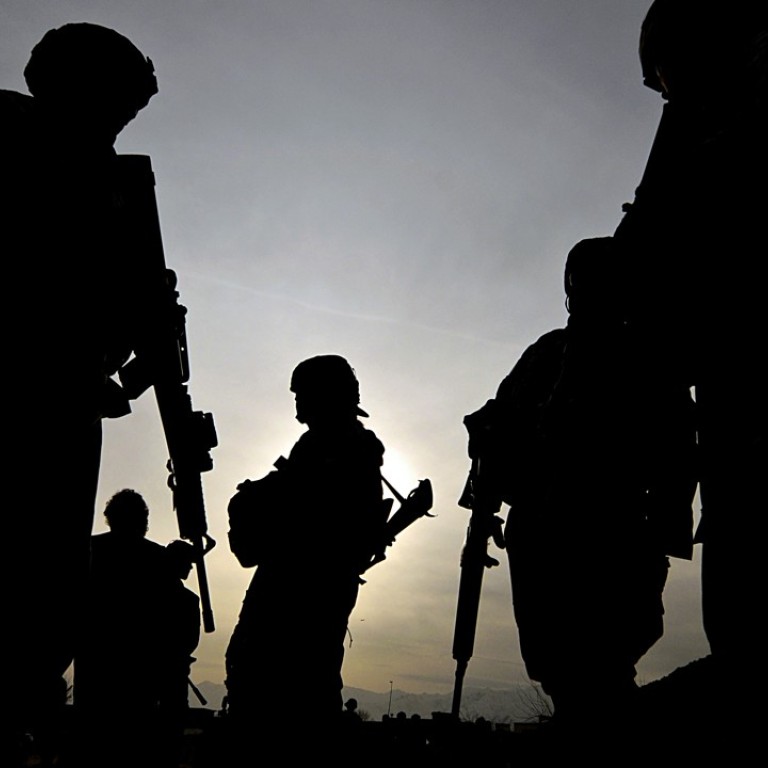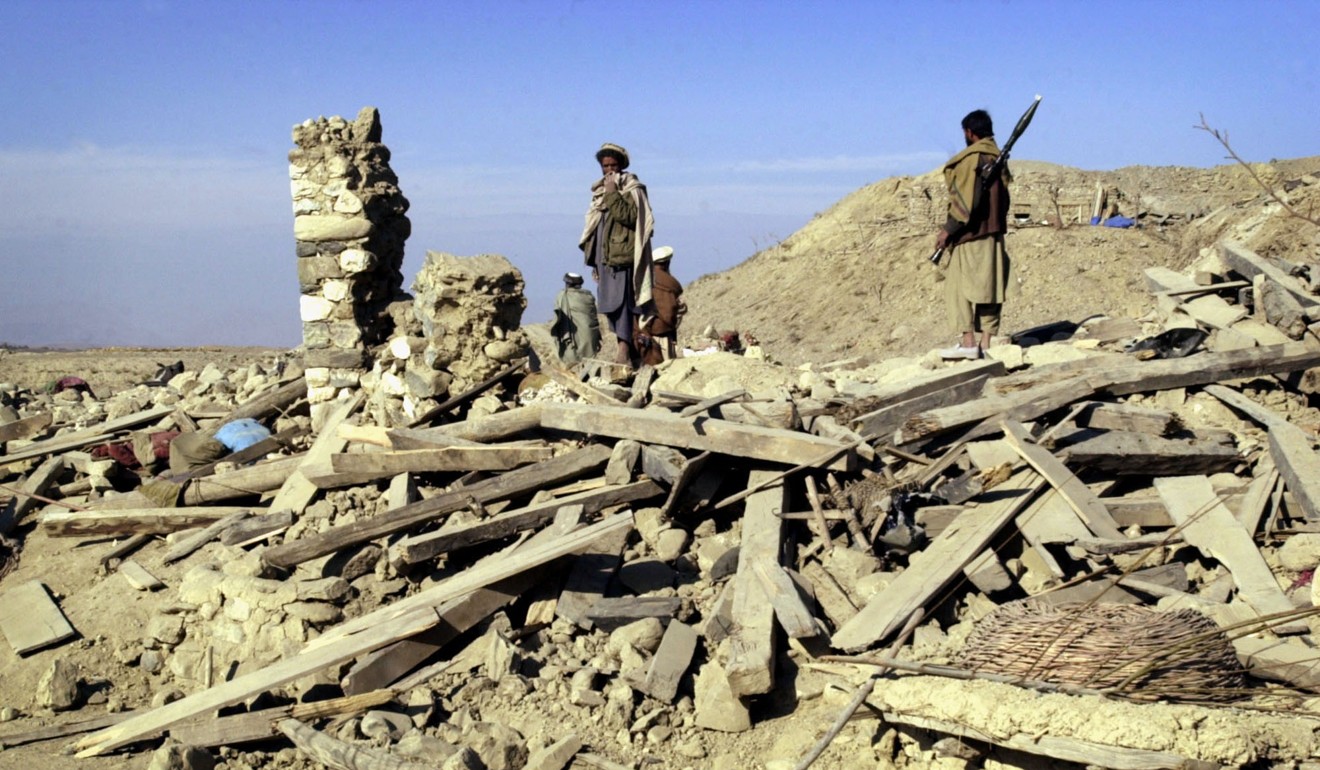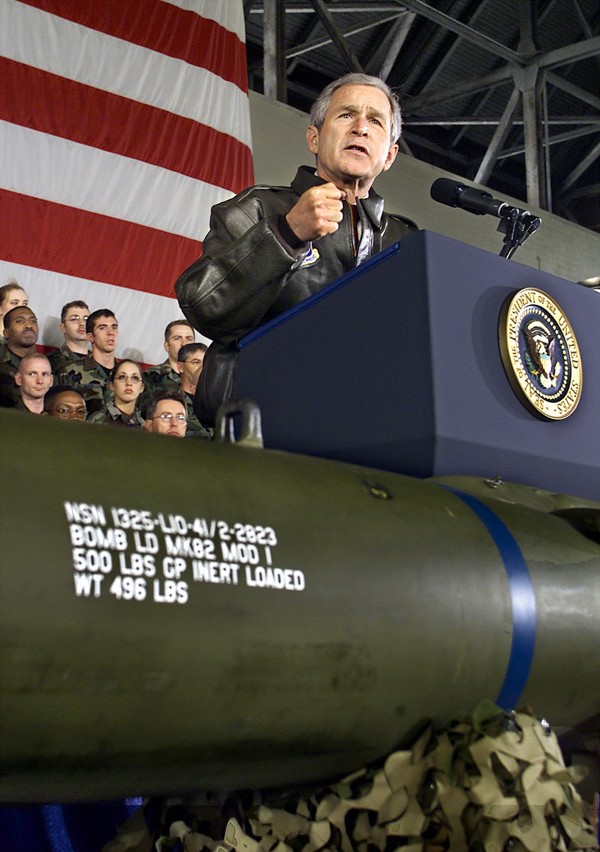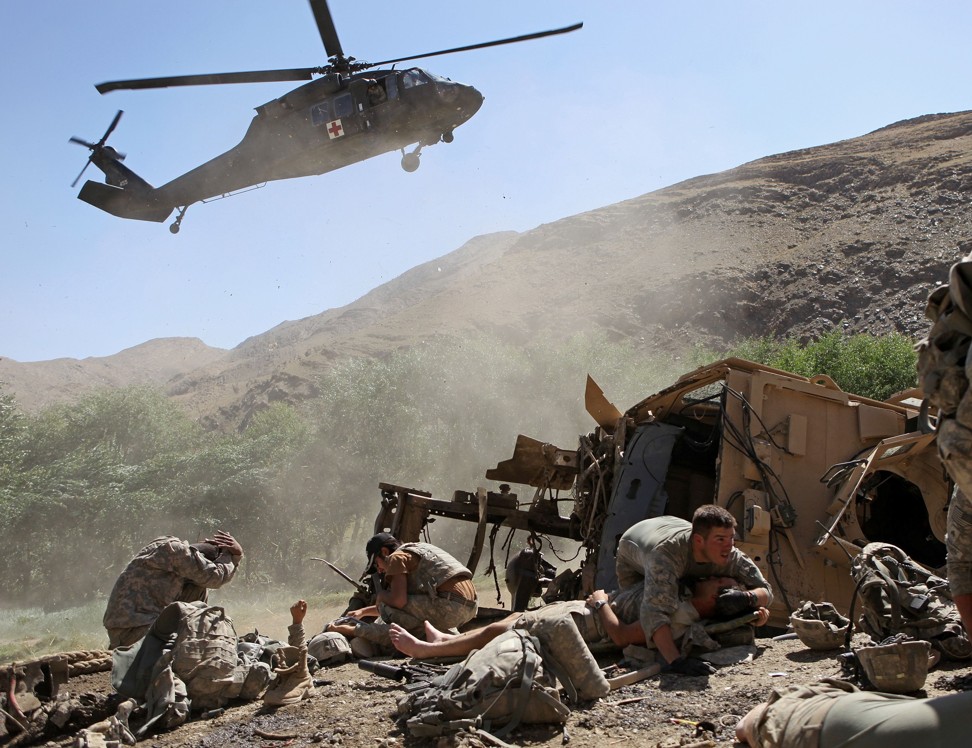
The Hague seeks to investigate ‘war crimes and crimes against humanity’ in Afghanistan following US-led invasion
The chief prosecutor for the International Criminal Court said on Friday she is seeking an investigation of alleged war crimes committed in the war in Afghanistan, an unprecedented probe that could encompass American troops.
Prosecutor Fatou Bensouda said in a statement that a preliminary examination found “a reasonable basis to believe that war crimes and crimes against humanity” were committed in Afghanistan after US-led troops moved in following the September 11 attacks.
Once the prosecutor submits her investigation request to the court based in the Dutch city of The Hague, it is up to the tribunal’s judges to decide whether to open one. An Afghanistan probe would be exceptional because until now, all ICC trials have dealt with alleged crimes in Africa.
Bensouda said in a report last year that US forces and the CIA may have committed war crimes by torturing detainees in Afghanistan between 2003 and 2014. That opens the possibility that Americans could be among those investigated for possible prosecution, even though the US is not among the court’s more than 120 members.

Americans could face prosecution if their alleged crimes took place in a country that is an International Criminal Court member, such as Afghanistan, and if they were not prosecuted at home. However, legal experts have said the chances of American service members being charged and sent to face justice at the ICC are remote.
Established in 2002, the International Criminal Court is the world’s first permanent court set up to prosecute war crimes, crimes against humanity and genocide.

Former US president Bill Clinton signed the Rome treaty that established the court, but his successor George W. Bush renounced the signature, citing fears that Americans would be unfairly prosecuted for political reasons.
Bensouda’s 2016 report said the alleged US war crimes “were not the abuses of a few isolated individuals. Rather, they appear to have been committed as part of approved interrogation techniques in an attempt to extract ‘actionable intelligence’ from detainees”.
The prosecutor’s report noted that US authorities have conducted dozens of investigations and court martial cases.
Taliban and Afghan government forces also may have used torture and committed other atrocities in Afghanistan’s long and bitter conflict, the report said.
After the September 11 attacks, the Bush administration allowed the use of waterboarding, which simulates drowning, and other so-called enhanced interrogation techniques against suspected terrorists. President Barack Obama banned such practices after taking office in 2009.


